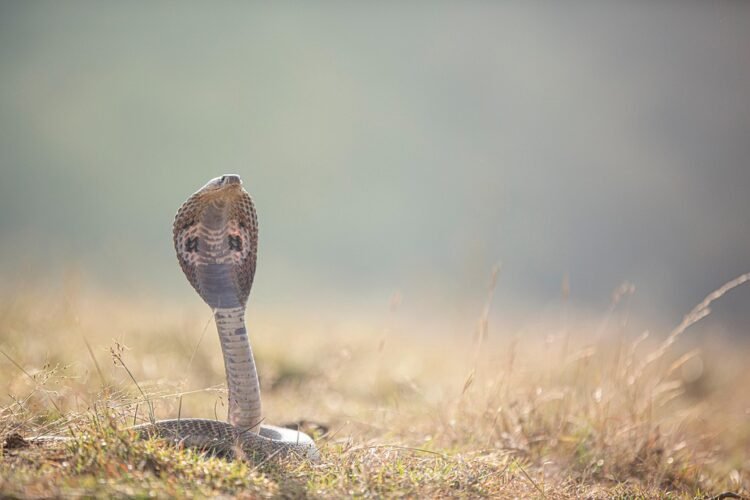Snake bites are a common occurrence in many parts of the world, with thousands of people being bitten each year. While most snake bites are not life-threatening, some can be deadly if not treated promptly and properly. Knowing how to respond to a snake bite can mean the difference between life and death. In this article, we will discuss essential tips for surviving snake bites and provide valuable information on how to respond in a life-saving manner.
Types of Venomous Snakes
Before we delve into how to respond to snake bites, it is important to understand the different types of venomous snakes that exist. In the United States, there are four main types of venomous snakes: rattlesnakes, copperheads, cottonmouths, and coral snakes. Each of these snakes has a unique venom that can cause various symptoms in humans.
Identifying a Snake Bite
The first step in responding to a snake bite is to identify that you have been bitten by a snake. Snake bites can vary in severity depending on the type of snake and the amount of venom injected. Common symptoms of a snake bite include:
– Swelling and redness around the bite area
– Severe pain at the site of the bite
– Nausea and vomiting
– Difficulty breathing
– Dizziness or fainting
– Numbness or tingling in the extremities
If you suspect that you have been bitten by a snake, it is crucial to remain calm and seek immediate medical attention.
First Aid for Snake Bites
While waiting for medical help to arrive, there are several steps you can take to provide first aid for a snake bite:
1. Keep the affected limb immobilized: It is essential to keep the bitten limb still to prevent the venom from spreading throughout the body. You can immobilize the limb by splinting it with a rigid object such as a stick or bandage.
2. Wash the bite area with soap and water: Cleaning the bite area can help prevent infection. Avoid using ice or applying a tourniquet, as these can do more harm than good.
3. Remove any tight clothing or jewelry near the bite: Swelling can occur rapidly after a snake bite, so it is important to remove any constricting items near the bite area.
4. Stay calm and avoid exertion: Panicking can increase your heart rate and cause the venom to spread more quickly. Try to remain calm and avoid any strenuous activity.
What Not to Do
There are several common misconceptions about how to respond to a snake bite that can actually make the situation worse. Here are some things you should not do if you have been bitten by a snake:
– Do not attempt to suck out the venom: This method is ineffective and can introduce harmful bacteria into the wound.
– Do not apply a tourniquet: Tourniquets can cut off blood flow to the affected limb and cause further tissue damage.
– Do not use a venom extraction kit: These kits have not been proven to be effective and can cause additional harm to the bite site.
Seeking Medical Attention
Even if you think the snake bite is not serious, it is important to seek medical attention as soon as possible. Healthcare professionals can assess the severity of the bite and provide appropriate treatment, such as antivenom therapy. If possible, try to remember the color and shape of the snake that bit you, as this information can help healthcare providers determine the appropriate course of treatment.
Preventing Snake Bites
While it is impossible to completely eliminate the risk of snake bites, there are several precautions you can take to reduce your chances of being bitten:
– Wear protective clothing when hiking or working outdoors, such as long pants and boots.
– Stay on designated trails and avoid tall grass or brush where snakes may be hiding.
– Use a flashlight at night to avoid stepping on snakes.
– Keep your yard free of debris and clutter where snakes may seek shelter.
Conclusion
Snake bites can be a terrifying experience, but knowing how to respond can save lives. By following the tips outlined in this article, you can increase your chances of surviving a snake bite and receiving prompt medical attention. Remember to stay calm, seek medical help immediately, and avoid common misconceptions about snake bite first aid. With the right knowledge and preparation, you can protect yourself and your loved ones from the dangers of snake bites.







